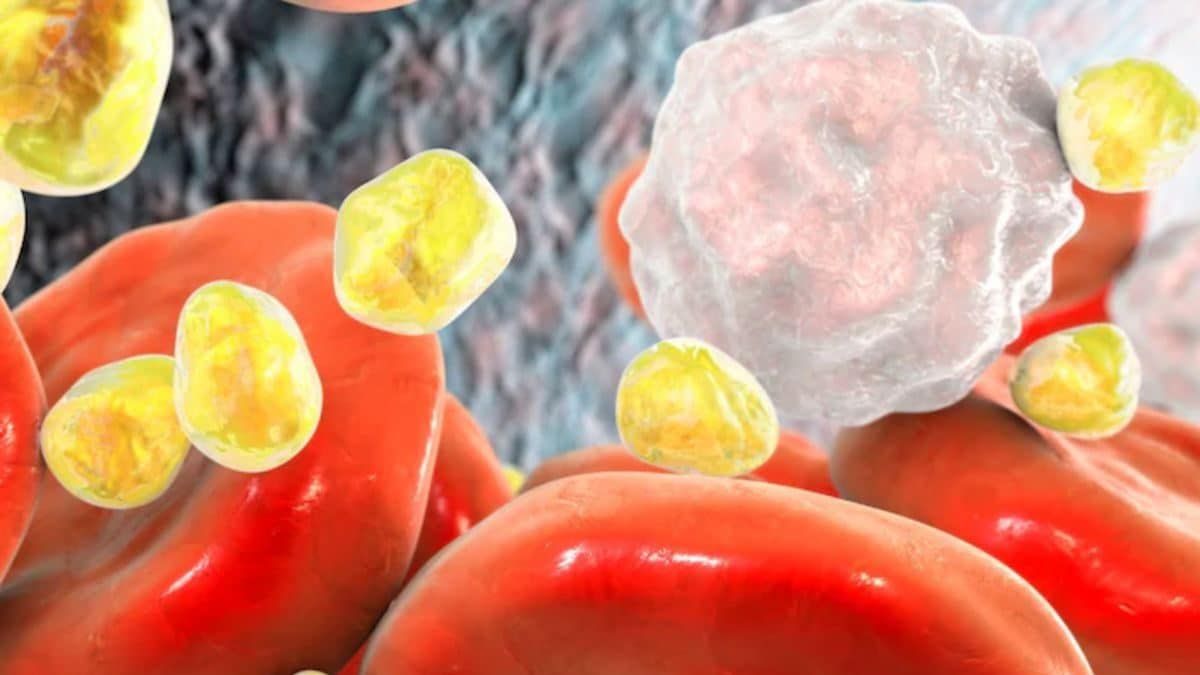High cholesterol levels can cause noticeable changes in the skin.
Recent reports suggest that fasting is not important before lipid testing for most people.
It goes without saying that the heart is one of the most important parts of the body. Therefore, maintaining good habits is very important to keep it healthy and reduce the risk of heart disease, stroke, and other major health problems. This involves exercising regularly, maintaining a healthy diet, and managing stress. In addition to that, it is essential to undergo health tests, especially cholesterol tests, from time to time. This can reduce the risk of developing heart problems in the future. When you think of a cholesterol test, the first thing that comes to mind is fasting before having a cholesterol or lipid profile test done.
However, the Cardiology Society of India has come up with new guidelines stating that fasting is not necessary. In a similar vein, Dr JPS Sawhney, Chairman of the Department of Cardiology at Sir Gangaram Hospital in New Delhi, said, “Fasting before lipid tests was believed to provide more accurate results because food and drinks consumed can affect the levels of certain lipids in the blood, particularly low-density lipoproteins (LDL), also known as ‘bad cholesterol,’” the Indian Express reported.
According to recent reports, fasting is not important before lipid testing for most people. The Cardiology Society of India recommends avoiding foods with high levels of sugar and carbohydrates and consuming a light meal or snack. This approach provides a more realistic representation of an individual's typical lipid levels since most people do not fast for the majority of the day, the outlet added.
Here are some things to consider before getting a cholesterol test or lipid panel:
- Stay hydratedDehydration can make cholesterol levels appear high, leading to inaccurate readings. Therefore, it is important to drink enough water before the test to get authentic results.
- Avoid alcoholDrinking alcohol two days before the test may give incorrect results. Therefore, avoid alcohol for at least 48 hours before the cholesterol test.
- Limit fatty foodsAvoid fatty foods at least 48 hours before the test, as eating high-fat foods during this period can affect the accuracy of the reading. This dietary choice ensures the accuracy of the test results.
- Managing stressFinally, keep a calm and collected attitude and monitor your stress levels during the 48 hours prior to the test. Stressful activities during this period can negatively influence your cholesterol levels.












